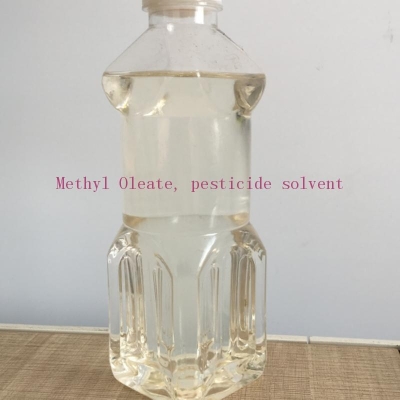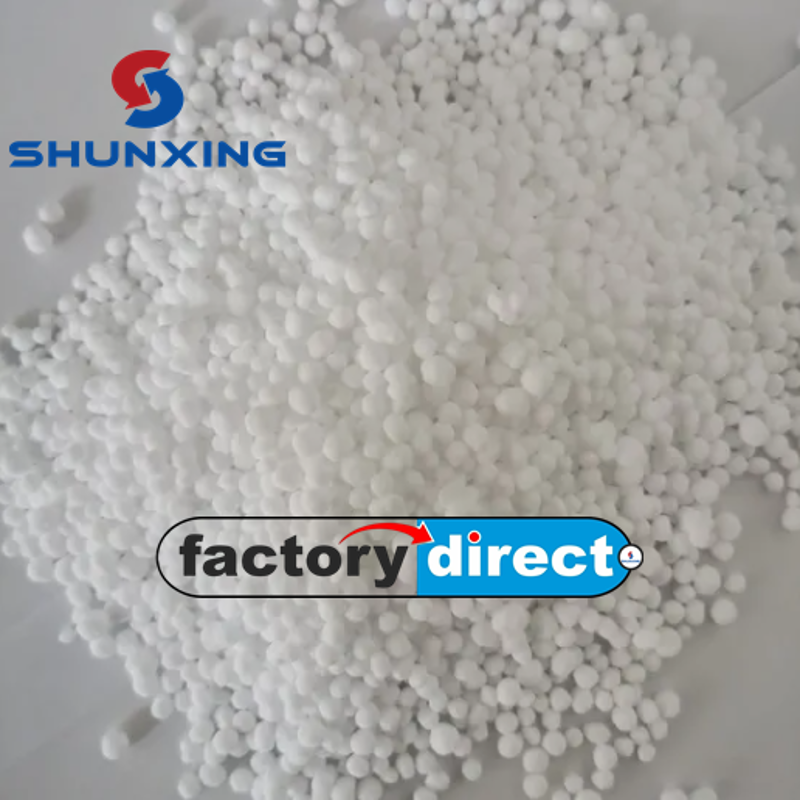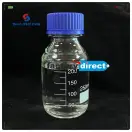-
Categories
-
Pharmaceutical Intermediates
-
Active Pharmaceutical Ingredients
-
Food Additives
- Industrial Coatings
- Agrochemicals
- Dyes and Pigments
- Surfactant
- Flavors and Fragrances
- Chemical Reagents
- Catalyst and Auxiliary
- Natural Products
- Inorganic Chemistry
-
Organic Chemistry
-
Biochemical Engineering
- Analytical Chemistry
-
Cosmetic Ingredient
- Water Treatment Chemical
-
Pharmaceutical Intermediates
Promotion
ECHEMI Mall
Wholesale
Weekly Price
Exhibition
News
-
Trade Service
The quality of Taiwan tea is better than that of imported tea, and it is mostly used for brewing hot drinks.
The Council of Agriculture stated that the permitted pest control materials have low water solubility and high safety.
The tea cyanine and dried tea will be sampled for testing; if consumers still have doubts, they can send it.
SGS Taiwan Inspection Technology and other companies inspected
.
The domestic tea is so good that even picky Japanese people praise it; but there are always people who have a psychological shadow on pesticide residues
.
The Council of Agriculture pointed out that domestically produced tea is in the tea cyanine part.
Every year, the tea industry improvement farm will work with the agricultural department of the county and city government and the plant protection staff of the village and township farmers’ associations to jointly discuss the tea cyanine or tea production in the tea garden.
The tea leaves in the factory are monitored for pesticide residues
.
According to the Council of Agriculture, the finished dried tea is controlled in accordance with the "Pesticide Residue Allowance Standards" set by the Ministry of Health and Welfare, including the frozen roof workstations of the Council of Agriculture’s Tea Industry Improvement Farm and the Agricultural Drug Poison Laboratory, as well as the private sector.
SGS Taiwan Inspection Technology Co.
, Ltd.
and Taiwan Tea Biochemical Technology Inspection Co.
, Ltd.
assist in pesticide residue inspection
.
The Council of Agriculture added that most of the pest control materials that are currently allowed to be used in tea gardens in China are materials with high safety and low water solubility.
The chance of being brewed from the dried tea of the finished product is very small, and the drinking safety is relatively high.
, And continue to educate farmers on drug safety; if consumers are still uneasy, they can send them to the above 4 institutions for inspection
.
1051126
The Council of Agriculture stated that the permitted pest control materials have low water solubility and high safety.
The tea cyanine and dried tea will be sampled for testing; if consumers still have doubts, they can send it.
SGS Taiwan Inspection Technology and other companies inspected
.
The domestic tea is so good that even picky Japanese people praise it; but there are always people who have a psychological shadow on pesticide residues
.
The Council of Agriculture pointed out that domestically produced tea is in the tea cyanine part.
Every year, the tea industry improvement farm will work with the agricultural department of the county and city government and the plant protection staff of the village and township farmers’ associations to jointly discuss the tea cyanine or tea production in the tea garden.
The tea leaves in the factory are monitored for pesticide residues
.
According to the Council of Agriculture, the finished dried tea is controlled in accordance with the "Pesticide Residue Allowance Standards" set by the Ministry of Health and Welfare, including the frozen roof workstations of the Council of Agriculture’s Tea Industry Improvement Farm and the Agricultural Drug Poison Laboratory, as well as the private sector.
SGS Taiwan Inspection Technology Co.
, Ltd.
and Taiwan Tea Biochemical Technology Inspection Co.
, Ltd.
assist in pesticide residue inspection
.
The Council of Agriculture added that most of the pest control materials that are currently allowed to be used in tea gardens in China are materials with high safety and low water solubility.
The chance of being brewed from the dried tea of the finished product is very small, and the drinking safety is relatively high.
, And continue to educate farmers on drug safety; if consumers are still uneasy, they can send them to the above 4 institutions for inspection
.
1051126







